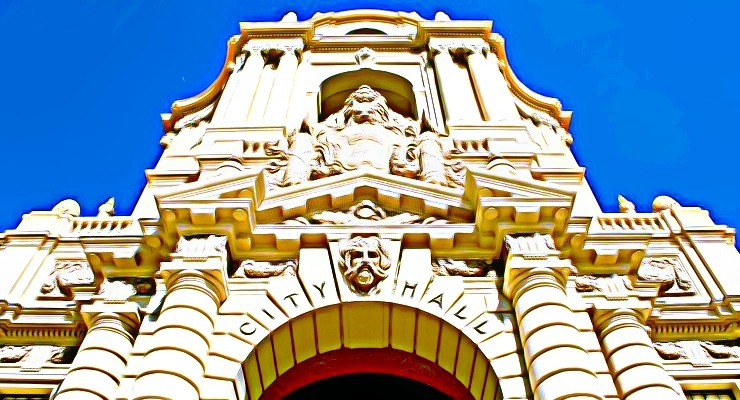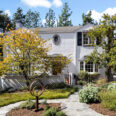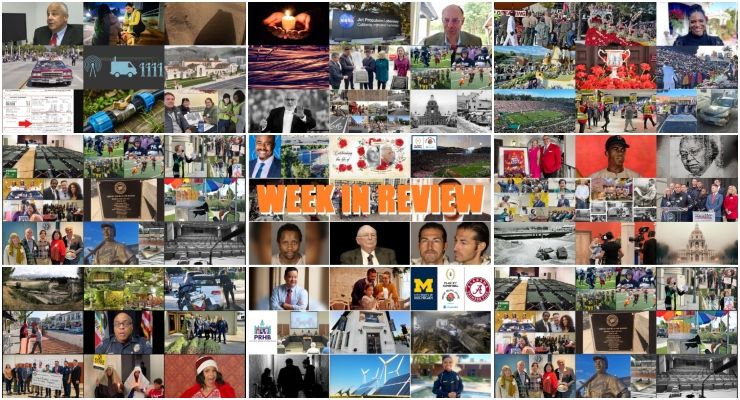
The Restorative Justice Standing Committee unanimously approved an expanded definition of “restorative justice” Wednesday evening, committing Pasadena to “remedy these injustices” for “disproportionately impacted communities” affected by freeway construction.
The new definition would guide the city’s master planning process for the 710 freeway “stub” and eventual recommendations to City Council.
“I wanted those statements to be quite clear and I wanted it to be written in such a way that it left the door open to address many of the harms that have been caused,” said Tina Williams, chairperson of the 710 Restorative Justice Committee.
The committee-approved definition will now be advanced to the full 16-member advisory body for review before potentially being presented to City Council. The committee’s next meeting is scheduled for July 2nd.
The committee also unanimously elected Jasmine Shupper as Vice Chair during the meeting.
The approved definition represents an expanded version of the city’s original working version, expanding from “past harms caused by construction of the 710 freeway” to encompass both the proposed 710 freeway construction and actual construction of the 210 freeway, acknowledging their “broader impact in Pasadena.”
The revised definition would commit the city to “identify publicly inform, officially acknowledge, respond to and remedy these injustices through open and responsive engagement with the disproportionately impacted communities.”
“There’s a difference between acknowledging something and officially acknowledging it,” Shupper said. “And if we’re talking about restoring, there has to be a remedy.”
Chair Williams raised concerns about community engagement demographics. The majority of April 12th workshop participants identified as white, 51 to 65 years old, and male, with only 24% from the 91105 zip code where freeway construction occurred, it was noted.
“If we’re talking about historic information and correcting historic wrongs, then we have to look at where are the people of color today living in Pasadena,” Williams said. “We have yet to have a meeting in that zip code area, not one single outreach meeting.”


















